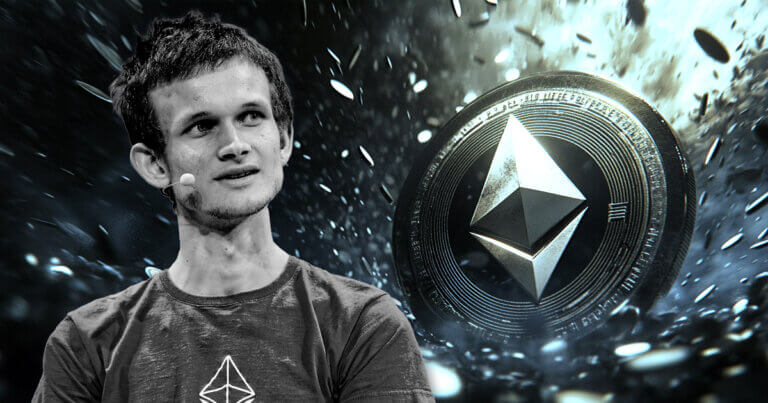ARTICLE AD BOX
 Buterin proposes radical shift in Ethereum to reduce hardware requirements Assad Jafri · 15 hours ago · 2 min read
Buterin proposes radical shift in Ethereum to reduce hardware requirements Assad Jafri · 15 hours ago · 2 min read
Vitalik Buterin's 'The Verge' aims to democratize blockchain through stateless clients and SNARKs, enabling transaction verification on compact devices.

Cover art/illustration via CryptoSlate. Image includes combined content which may include AI-generated content.
Ethereum co-founder Vitalik Buterin has unveiled the latest roadmap phase, “The Verge,” which proposes a groundbreaking shift in blockchain technology to make transaction verification possible on devices as small as smartwatches — something previously unimaginable.
In a detailed blog post on Oct. 23, Buterin explained that “The Verge” combines two key innovations: stateless clients and cryptographic SNARKs (Succinct Non-interactive Arguments of Knowledge).
Stateless clients
Stateless clients are designed to serve as fully-verifying nodes without the need for extensive hardware, requiring only a few gigabytes of storage. This approach stands in contrast to the current Ethereum blockchain, which exceeds 1 TB, making it highly resource-intensive to run a full node.
By reducing storage needs, stateless clients could allow more individuals to participate in verifying the network, lowering barriers to entry.
Buterin also emphasized the role of SNARKs in enhancing cryptographic verification. These are advanced cryptographic proofs that allow users to verify data without having to download the entire blockchain.
suggesting that with SNARKs, users could efficiently validate transactions with minimal resources, potentially on wearables or other compact devices.
He summarized:
“Download some data, verify a SNARK, done.”
Preserving decentralization
Ethereum’s entire roadmap is part of Buterin’s vision to scale the network while preserving decentralization. The roadmap is currently in its fourth stage.
Previous phases include “The Merge,” which transitioned Ethereum to a proof-of-stake (PoS) system, and “The Surge,” which scaled the network to handle up to 100,000 transactions per second, primarily through Layer 2 rollups and sharding.
“The Verge” builds upon these foundations with a focus on improving accessibility for validators. Buterin’s goal is to democratize network participation by reducing hardware requirements, ensuring that decentralization isn’t hindered by the need for expensive setups.
Buterin’s roadmap demonstrates the platform’s long-term potential to meet growing demands while maintaining its core principles of decentralization and accessibility. With “The Verge,” Ethereum is one step closer to achieving its goal of becoming a highly scalable, user-friendly, and decentralized global platform.









 English (US) ·
English (US) ·